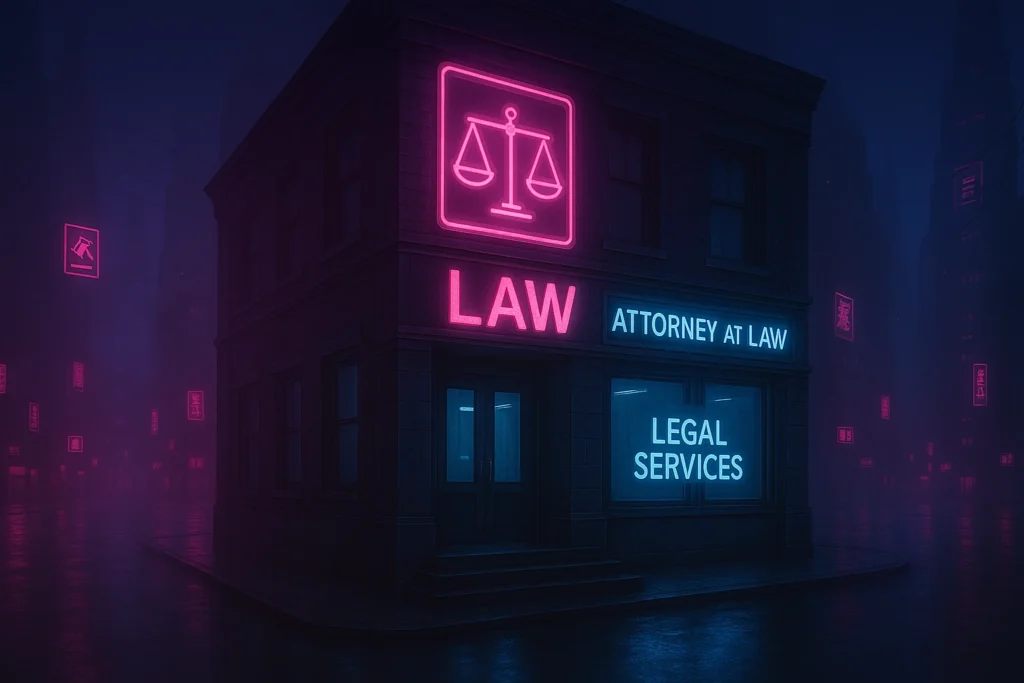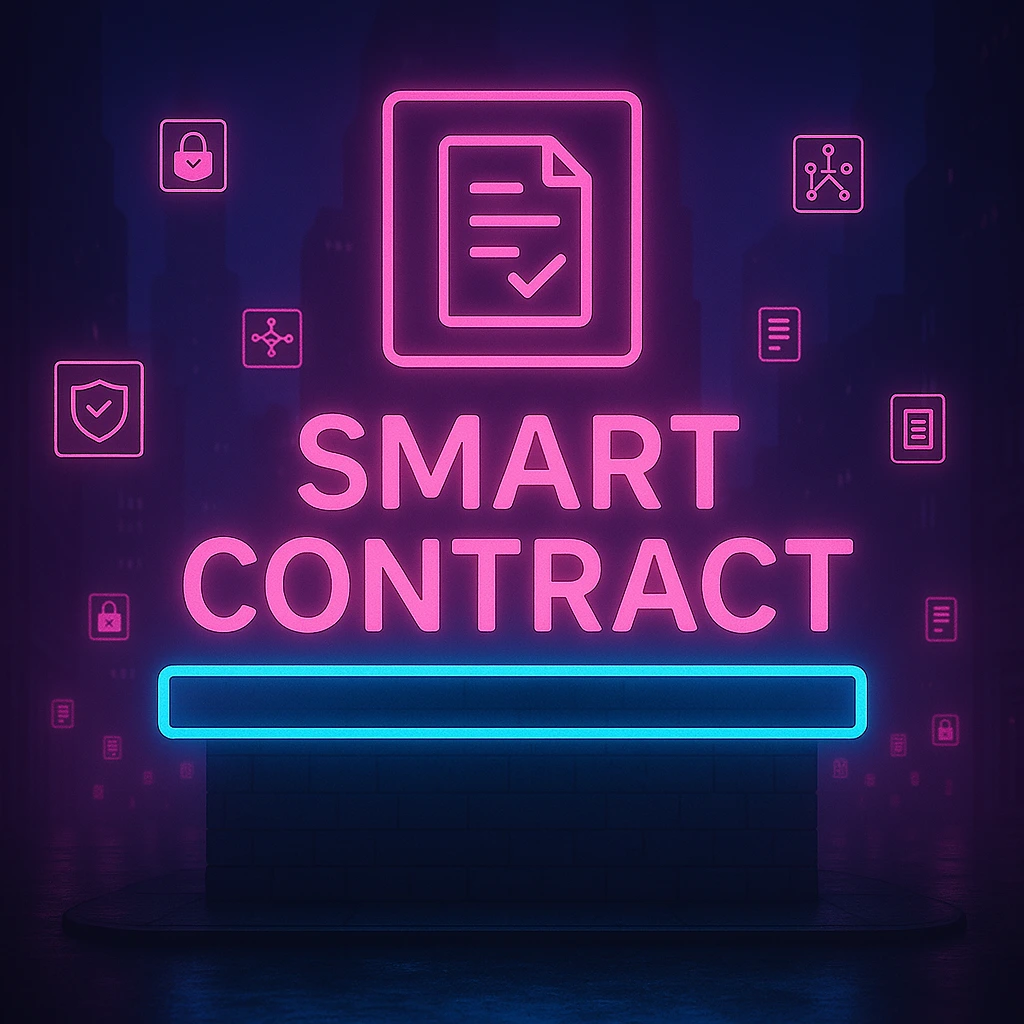RWA Legal Risk Isn’t Just a Buzzword—It’s a Real Concern
Let’s get this out of the way: RWA legal risk isn’t some made-up roadblock invented by compliance folks to slow things down. If anything, it’s one of the trickiest, least talked-about challenges in the whole tokenization movement. You’ve probably heard about how amazing it is to bring real-world assets—like real estate, bonds, or even art—onto the blockchain. Great, right? But when you peel back the tech hype… things can get murky. Legally murky.
So let’s talk about it. No fluff—just a real-world breakdown of the legal minefield waiting around the RWA corner.
Unclear Regulations = RWA Legal Risk 101
First off, we need to talk about regulation—or rather, the lack of consistent regulation. Real-world assets don’t exist in a vacuum. They’re governed by real laws, in real jurisdictions, with real consequences. Now, when you start slapping those assets onto a blockchain and selling fractional ownership to global buyers… well, let’s just say the legal lines get fuzzy fast.
Is a tokenized real estate share a security? In the U.S., probably yes. In another country? Maybe not. What happens when the regulations clash? Or worse, when they just don’t exist yet?
This regulatory gray zone is probably the biggest RWA legal risk of all. Projects might unknowingly violate securities laws, investor protection rules, or even tax obligations. And ignorance of the law? Yeah—it’s still no excuse.


Ownership and Custody: Who Really Holds the Asset?
Here’s where it gets even messier.
Say you buy a token that represents 1/1000 of a luxury condo in Tokyo. Cool. But legally, what does that token mean? Do you actually own part of the condo? Or do you just have a claim on a trust that holds it? Or a right to revenue from rent? Or… something else entirely?
These distinctions matter. A lot. Because if the company issuing the token goes under—or if someone challenges the ownership—investors could find themselves holding, well, nothing.
And don’t get us started on custody. If an off-chain custodian holds the physical asset, but they operate under different rules than the blockchain platform… who’s liable when things go sideways?
Cross-Border = Crossed Wires
One of the most exciting things about tokenized RWAs is that they’re global by default. But that global nature? It’s also a legal headache.
Different jurisdictions have wildly different rules on asset ownership, capital markets, consumer protection, and taxes. What flies in Singapore might be illegal in Germany. And when investors, platforms, and assets are all scattered across continents—who enforces what?
Cross-border enforcement is notoriously complicated even without blockchain. With RWA tokenization, you’re looking at a legal spider web that’s only getting more tangled.


Smart Contracts Aren’t Always Smart Enough
People love saying “code is law” in crypto—but when it comes to legal contracts tied to real-world assets? Not quite.
Smart contracts can automate a lot, sure. Rent distributions, settlement, governance—you name it. But they don’t replace real legal documents. And if there’s ever a conflict between what the smart contract says and what a real-world court would rule? Spoiler alert: the court wins.
This gap between legal enforceability and on-chain logic is another big RWA legal risk. Developers may think they’re automating trust, but if the underlying legal agreement isn’t watertight… well, things fall apart real quick.


What Could Help? Some Movement in the Right Direction
Alright, so we’ve outlined a pretty intense list of risks. But here’s the thing—it’s not all doom and gloom.
Some jurisdictions (like the UAE, Switzerland, and even parts of the U.S.) are starting to draft clearer frameworks for digital assets. Legal engineering—yes, it’s a thing—is becoming a core part of many serious RWA projects. And custodianship solutions are maturing, slowly but surely.
Still, the pace is uneven. And as with any emerging tech, there’s always a risk that regulations will come in too hard, too fast—or too little, too late.
Final Thoughts: Ignore RWA Legal Risk at Your Own Peril
Let’s be real: RWA legal risk is complex, evolving, and… kind of unavoidable. If you’re building, investing, or even just spectating in the tokenization space, this stuff matters more than most people realize.
Whether it’s understanding ownership structures, navigating global laws, or just making sure your smart contracts don’t outsmart you—legal risk isn’t something to push off for “later.”
Because when it comes to RWAs, later might be too late.
So ask the hard questions, consult the right experts, and don’t let shiny tech blind you to real-world realities. After all, what’s the point of tokenizing an asset—if you can’t legally claim it when it counts?
Relevant Link : What If You Ignored RWA Legal Risk? Here’s What Could Go Wrong





